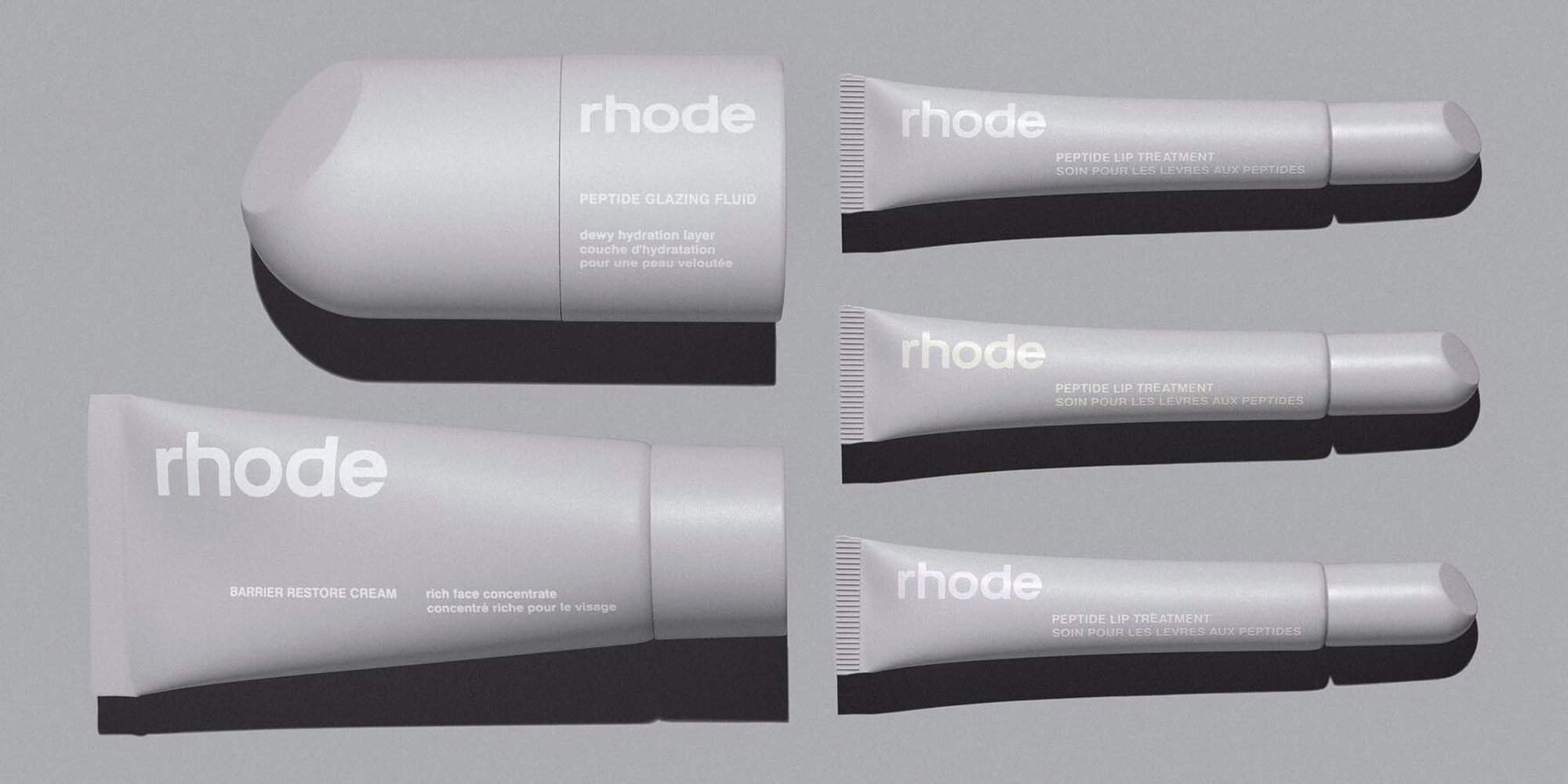
Rhode’s $1B Deal—And The Weight It Puts On The Rest Of Us
E.l.f. Beauty’s $1 billion acquisition of Rhode is making headlines—and rightfully so. It’s an impressive, high-profile deal and a smart move for E.l.f. to gain a foothold in gen Z’s cultural orbit at Sephora.
But I’ll be honest: It took my breath away a bit.
As an entrepreneur who’s been in business for 25 years, bootstrapped, no celebrity backing, no private equity parachute, I can’t help but wonder if these headlines muddy the waters for the rest of us. It sets a standard that, while aspirational, isn’t even remotely realistic for most brands grinding every day to build something that lasts.
There are people on LinkedIn now saying that Rhode, which hit $212 million in sales in direct-to-consumer alone for the year ended March 31, shows DTC distribution is a viable strategy for long-term success. I must ask: Based on what? All I ever hear is the word “omnichannel.”
Are we really thinking that DTC-only can be a viable strategy in the future for other brands because a celebrity brand has gotten acquired? We can’t possibly be using the same playbook to assess these deals as we do for independently owned brands working with lean teams and fiscal discipline.
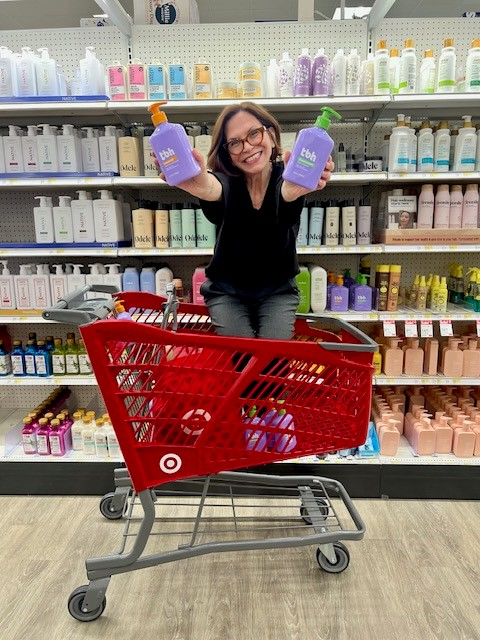
A typical brand—say any one under $50 million in topline sales—would sell for 1.5X to 3X revenue and 8X to 13X earnings before interest, taxes, depreciation and amortization (EBITDA). A brand with some dings would sell for less. If it earns its payouts, Rhode sold for 4.7X multiple and 12X EBITDA on a reported 40% EBITDA margin.
Let’s be real: Most founders I know, myself included, live and die by the P&L. We worry about EBITDA like we worry about our kids! (Not proud of that one, but it’s true. I also own a T-shirt that says EBITDA. Again, not proud).
We’re not choosing between Ulta Beauty and Sephora. We’re choosing between doubling down on marketing or keeping cash flow stable. That’s the reality of entrepreneurship. And now as a brand owner, it’s all about putting yourself out there. Hence, my last social media post where I climbed into a Target shopping cart for all to see.
When beauty founders see a $1 billion deal for a brand that hasn’t been tested in brick-and-mortar or scaled over time the way traditional beauty brands have, it’s easy to question ourselves, to feel, for a moment, like what we’re doing isn’t enough.
For me, that’s the part that stings a bit. I don’t like to doubt myself!
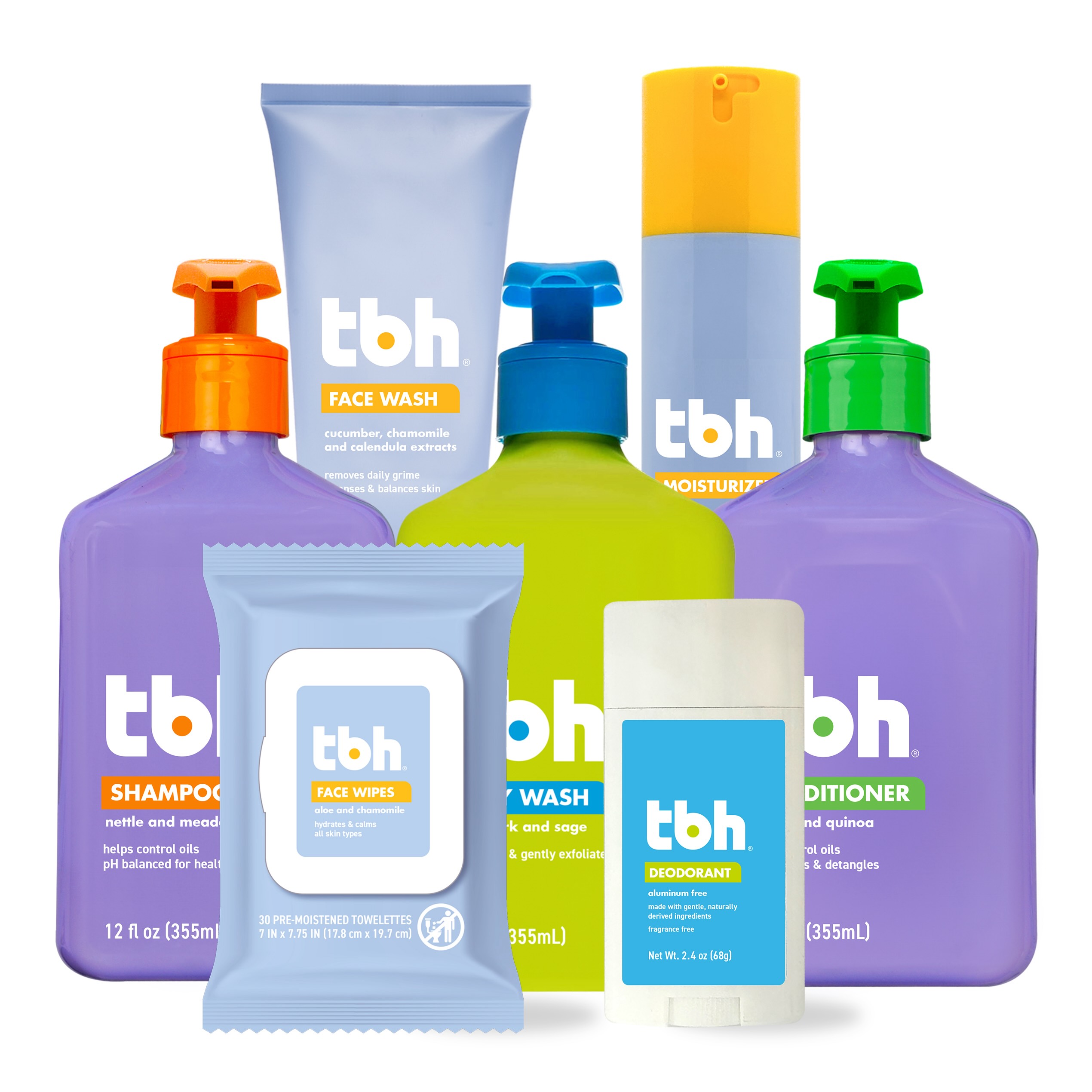
Please understand, this is no shade to Rhode. The brand has clearly built something that resonated. The packaging is beautiful, the content is gorgeous, and the ingredient story is efficacious and clean.
But let’s not pretend this is a blueprint. There are almost no comps for this. And dare I mention Drunk Elephant? The Shiseido-owned brand’s sales were down 65% in the first quarter this year. Deals don’t equal guaranteed outcomes. They are high-stakes bets that don’t reflect the path of most brands.
So, to all my fellow founders out there working toward sustainable growth, managing cash with care, building hardworking teams, and trying to find a way to thrive in a system that increasingly favors the shiny and the celebrity-backed brands, I just want to say: I see you and I respect the hell out of you.
Risa Barash is the founder and CEO of Fairy Tales Hair Care and TBH.
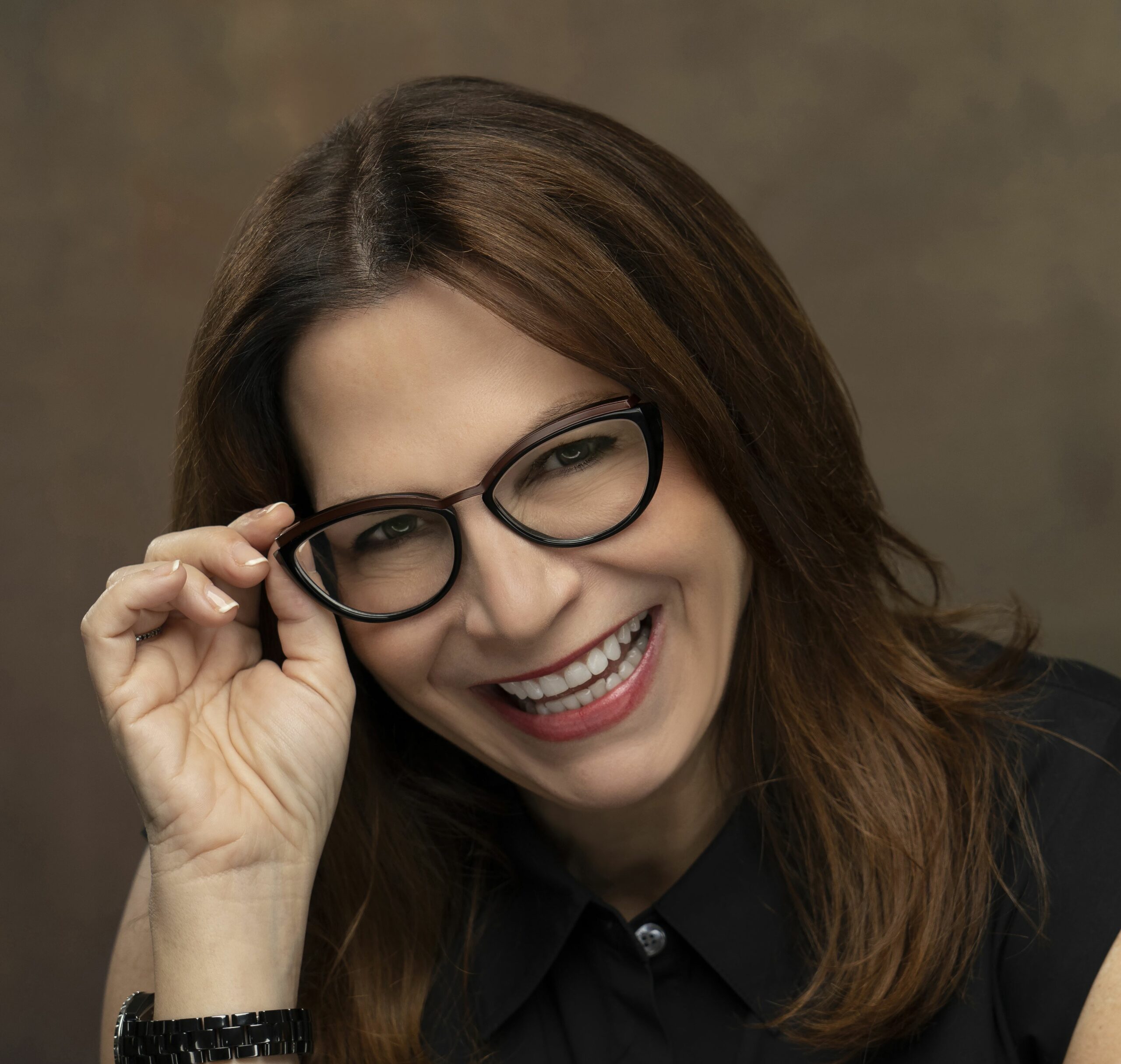

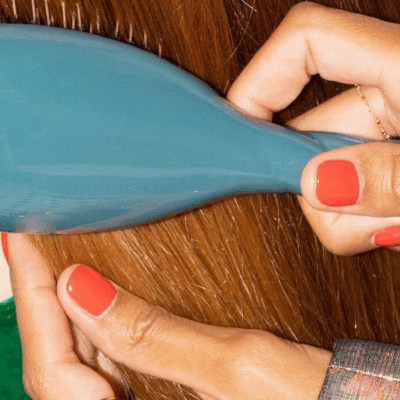
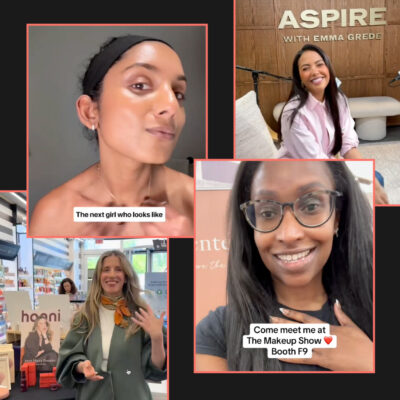
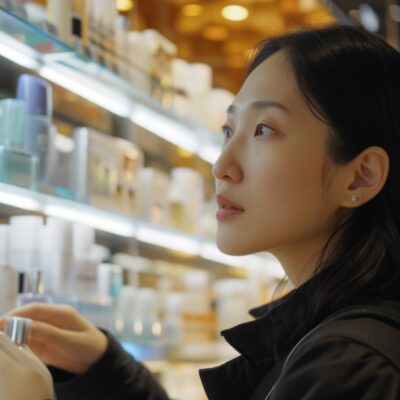
Leave a Reply
You must be logged in to post a comment.